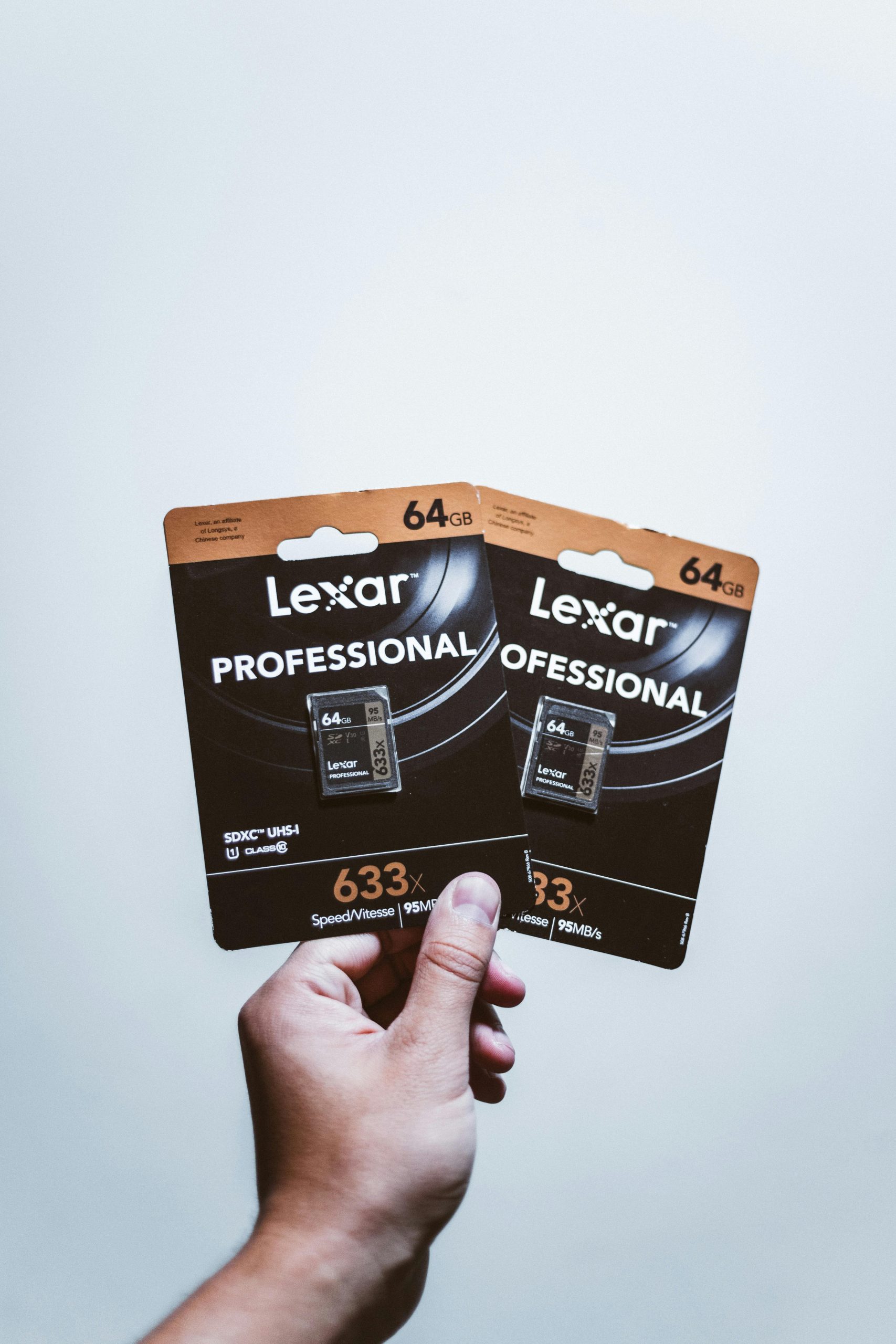Understanding Your Options After a Vehicle Accident Involving Insurance Company Disruptions
Introduction
Experiencing an unexpected incident such as a hit-and-run while your vehicle is parked can be stressful enough. When the at-fault driver is identified and their insurance details are provided, the next step often involves navigating insurance claims to repair your vehicle. However, complications can arise if the insurance company’s systems are temporarily out of commission. Here’s what you need to consider if you find yourself in such a situation.
Scenario Overview
Imagine your parked car is hit by an intoxicated driver while you’re asleep. Law enforcement manages to apprehend the driver and provides you with their insurance information. However, upon contacting the insurer—say, Erie Insurance—you discover their digital systems are currently offline. This outage may be due to a ransomware attack or other technical issues, possibly lasting several weeks. Naturally, this raises concerns about delays in processing your claim and getting your vehicle repaired.
Key Considerations
- Using Your Own Collision Coverage for Immediate Repairs
If your policy with providers like Geico includes collision coverage, you might consider filing a claim directly through your insurer. Doing so can expedite repairs, allowing you to get your vehicle back on the road more quickly. Your insurer would then pursue reimbursement from the at-fault driver’s insurer once systems are restored.
- Understanding Deductibles and Reimbursement
Typically, collision coverage involves a deductible—say, $500. You would pay this amount upfront to get your vehicle repaired. Your insurer then attempts to recover that cost from the at-fault driver’s insurer, potentially reimbursing you later, assuming the claim is successful.
-
Potential Risks and Benefits
-
Benefits: Faster repairs, peace of mind, and avoiding prolonged delays due to insurer system outages.
-
Risks: Possible complications if the at-fault insurer’s claim process is delayed indefinitely. However, most policies are designed to handle such scenarios, and your insurer’s legal team would pursue reimbursement.
-
Communication and Documentation
It’s crucial to keep detailed records of all communications, including the police report, photos of the damage, and any correspondence with both insurers. Clear documentation can streamline the reimbursement process once the other insurer’s systems are back online.
- Legal and Policy Advice
Before proceeding, review your insurance policy or consult with a licensed insurance agent. They can provide guidance tailored to your specific circumstances, helping you decide whether to proceed with



